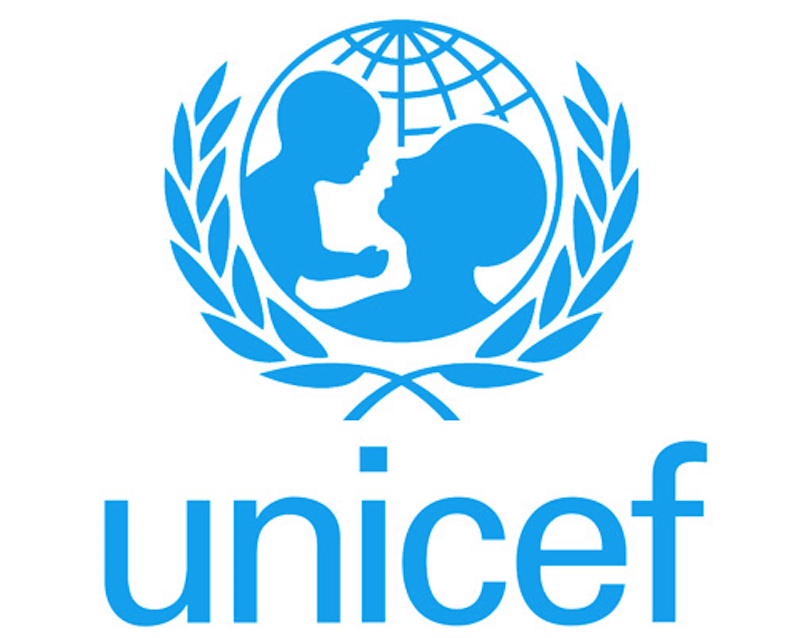
By Folalumi Alaran
The Federal Ministry of Water Resources has recently collaborated with United Nations International Children Emergency Fund (UNICEF) with the goal of improving and sustaining water supply in rural communities.
The Minister of Water Resources, Mr. Suleiman Adamu disclosed this at a one-day sensitisation workshop on the implementation of the national Village Level Operation and Maintenance (VLOM) strategy in Abuja.
The minister further said that the essence of Village level Operation and Maintenance (VLOM), was to address the baseline challenges and create communication channels with 100% functionality in line with the Sustainable Development Goals.
Adamu who spoke through Mr. Emmanuel Awe, Director of water quality control and sanitation, also said lack of maintenance and monitoring of water facilities results in frequent breakdown and abandonment of the facilities by affected communities.
The minister revealed that the ministry in collaboration with UNICEF had designed the concept of VLOM in the three States under the ongoing OGIS ASWA II projects In Adamawa, Borno and Yobe states.
He further stated that other States had keyed into the implementation of the plans and about 758 hand pumps and 344 solar boreholes had been repaired by local Area Machines (LAMs) In the States.
His words, ” The 2021 Water Supply, Sanitation and Hygiene National Outcome Routine Mapping (WASHNORM), only 53% publicly owned water facilities are functional and 22% broke down within the first one year of installation. The report also shows that only 11% of water facilities are dependable with respect to their operation and maintenance.
“The lack of maintenance of water facilities results in frequent breakdown and abandonment which is further compounded by lack of adequate monitoring of the water facilities and communication between benefiting communities and those in authority,” he stated.
Also in her keynote, Dr. Jane Bevan, the chief WASH of UNICEF said the SDG 6.1 goals is for everybody to have access to quality water, and sufficient quantity across the country.
According to her, it begins with adequacy, acceptability, affordability, and availability. important things to be considered when looking at water provision.
” The reasons why a lot of these sustainability issues arise can be as you see it across the whole value chain. It can be just right. It can be something to do with the casing quality, and then all of the different parts of the company in perspective around the water system.
“How are we affording the operation and maintenance and when you look at the overall Sustainability Index for any given water scheme, you can say that in terms of household water supply, we get 44% for the whole country.
“The other sectors are also at about the same level and the overall wash Sustainability Index for Nigeria at the moment stands at 46%,” dhe added











Nice one.